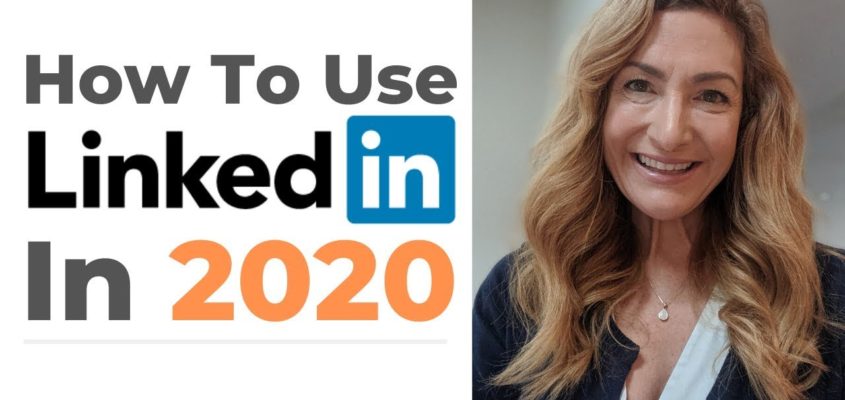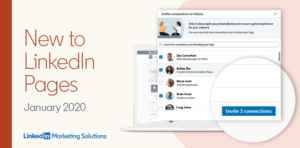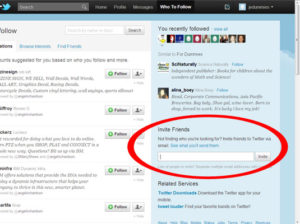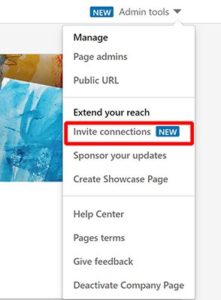
Why should you stop doing these things on LinkedIn in 2020
Linkedin in 2020 is the most innovative social media. The social media platform LinkedIn has announced exciting new features for a better reach for startups entrepreneurs and job seekers.

Most human beings tend to misuse the things around us. It may because we are unaware of how to use them. That’s probably true for how some of us tend to use LinkedIn in 2020.
If you use social media, you have probably seen several cases where people misuse it. While it can be shocking to see how people use personal social media platforms like Facebook and Twitter to overshare about their lives or post-inflammatory opinions, people often forget that LinkedIn is primarily a professional/business network.
LinkedIn, in their words, aims to be the world’s largest professional network. Most people leverage the platform to further their careers or professionally represent their organizations. But even though the network breathes to help people build relationships to advance their careers, or to represent their company in a public forum, so many people use the platform in ways that are offensive, spammy or risky for their career. Scroll down and get to know the five things you should immediately stop doing on LinkedIn.

Five crucial things you should stop doing on LinkedIn in 2020 immediately:

- Posting Inflammatory Comments
You should be very careful about every comment you post on LinkedIn as it is a worse place to be a troll or where you might face bigger consequences for your career. If your opinion disagrees with something someone has written in a post or comment and it’s not attacking you, your company or a cause you really care about, it’s better to respond respectfully or not at all. But there is a small portion of commenters who just want to let some anger or resentment out. It is equally confusing when people bring their own agenda to a discussion that was really about something else.
Never forget that what we post on LinkedIn can be permanent. Even though you forget about the incident, your comments will stick on users mind. Anything you do on LinkedIn can become a part of your professional record, and may also reflect on your employer, as your company name has tied to everything you post.
- Connect & Sell
Everybody who’s been on this platform has probably gotten a cold sales pitch via LinkedIn messenger. They might be from a person whom you’ve either recently connected with, or a person requested to connect with you, sends an automated marketing pitch about their business.
One of the common tactics these days is the bait land switch, where people makes notes in the invitation about viewing your profile and wanting to get connected, then makes a sales pitch through a messenger the moment the invitation is accepted. You may think you are creative, but this tactic is so overused that most people automatically tune out or ignore these requests.
It is a quick way to lose credibility with potential candidates and is the professional equivalent of asking a person his phone number at a bar before starting a conversation.
Instead, focus first on establishing a good relationship or authentic rapport to the potential leads. Trying to sell your business to people who don’t even know you may work in some instances, but more often, it rubs people the wrong way and can make them distrusting your entire organisation. You can also see right through the AI bots that are commonly used today to try to engage the other person as they don’t feel genuine or personal.
- Never tag unrelated people in your posts for getting exposure
Writing a few articles about influential personalities or posting a query for a person you know in a post or comment is a smart way for building awareness and dialogue. But some people on LinkedIn try to gain visibility for their posts by tagging unrelated people who have big followings, often tagging 10-20 people at a time. It is similar to putting tons of hashtags at the end of your post and looks spammy.
Tagging people in your post is not necessarily a bad idea, but ensure those people are clearly associated with your content. If you are tagging lots of unnecessary people who have nothing to do with what you are sharing, it might devalue your content and affect your credibility with other readers. You might also annoy that person who can untag themselves and may even remove you as a connection.
- Talking Politics
There are a time and place for political discussions—but unless politics is your career, it isn’t a good idea for LinkedIn. And it isn’t just the case for inflammatory political opinions either—it’s impossible to know what political comments may be distasteful to people or rub them the wrong way.
Sometimes, your organisation may be listed on your LinkedIn profile. Then, you need to remember that you represent that organization on the site. LinkedIn is not a smart forum for political discussion, especially when you are representing your employer. You might never know if something you posted could cost you your job, with or without you knowing.
- Flirting
It sounds silly, but it occurs more often than you would think. LinkedIn is the platform many people have been met. Sometimes, those relations may cross the professional boundaries, and people post really poor judgment with unprofessional image choices. The world has plenty of dating sites, where both parties have a clear intent for being there. Flirting with people unsolicited on LinkedIn is a great way to land yourself in hot water; the risks far outweigh the rewards. Just don’t do it.
LinkedIn is an excellent platform for business, but it’s far more effective when you use it correctly and don’t try to force things unnaturally. Remember, anything you do on LinkedIn in 2020 is fair game and easily seen by supervisors, peers, subordinates and future employers, especially when you post with your company title.
Stopping these five things as soon as possible will make you a better networker and help you build more positive professional relationships.





